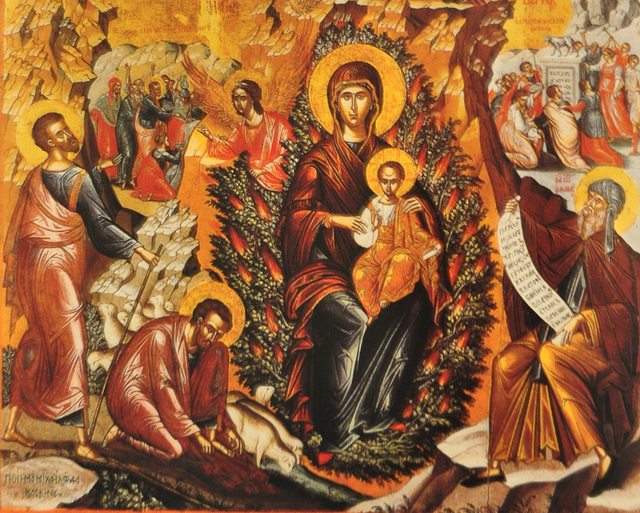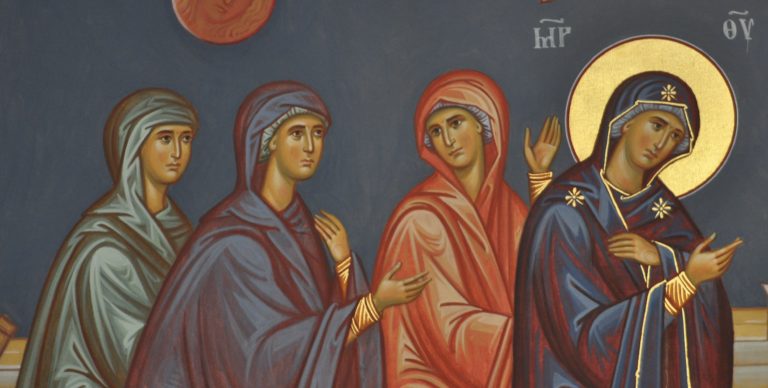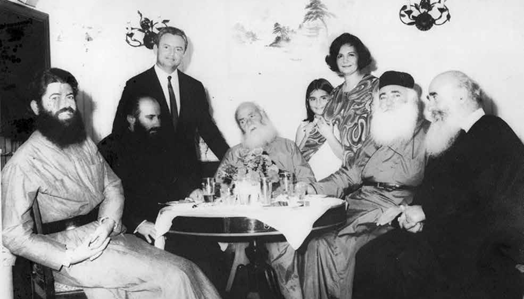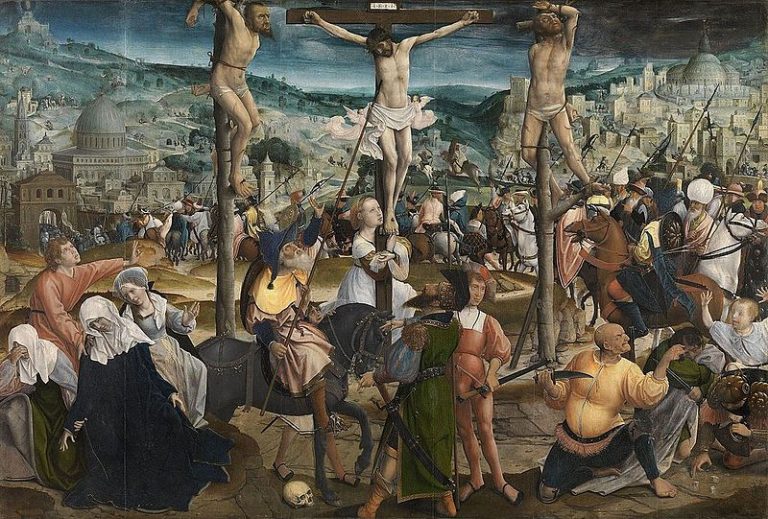Our Lady: a model of missionary work

Our Lady’s parents were Joachim and Anna. Although childless, after fervent prayers and in old age, they conceived the Virgin Mary and gave birth to her, according to tradition, in Jerusalem. The name they gave her was Mary. She was impregnated with piety by her honest parents, and she, keeping in her pure heart all that was beautiful to her, lived with faithfulness to God and holiness in her works and conduct. In her teens – and while Joachim and Anna were asleep – she was taken under the protection of the righteous Joseph (Mt. 1:19). In Nazareth, where they lived, the Archangel Gabriel visited her and told her that she would conceive and bear a son whom he would name Jesus (Lk. 1:31). The Virgin Mary, despite her reasonable doubts and knowing that if a woman became pregnant with someone other than her lawful husband she would be led to death, responded with faith and trust in God’s will:“Behold the handmaid of the Lord, be fruitful according to thy word” (Lk 1:38). In several passages of Scripture the presence of the Virgin Mary is felt, but we will dwell on only a few of them. Surrendered with absolute trust in the divine plan, she takes refuge, accompanied by Joseph, in a Bethlehem stable to give birth to the Extreme Humiliation.
And was that stable more worthy than the most beautiful palaces to welcome and accommodate the newborn Christ, the Son of God. Then, pursued by the Holy Mother and the heavenly King from the earthly one, they flee to Egypt to stay there until Herod’s death. Then, they return to Nazareth. The Virgin Mary, in one of the few public appearances mentioned by the Evangelists, at the wedding of Cana, shows the pride she has before her Son and God by giving the most important advice to the servants of the bridegroom – and by extension to all of us –“Whatsoever he shall say unto you, do ye” (John 1:1). In concluding this incomplete biography of the Virgin, it is worthwhile to highlight – before her burial in Gethsemane – the most difficult moment of her holy life. It was the sympathy in the Passion and Calvary of the Lord, the crushing and unbearable pain of the mother who unjustly loses her child in a martyr’s way, and the adoption of the murderers of her Son and God.

The Virgin Mary as a model of missionary work
The Virgin Mary’s acceptance to participate in God’s plan for man’s salvation is expressed by her response to the call of the Archangel Gabriel: “Behold the handmaid of the Lord, bless me according to your word”. Her courageous attitude inspired by her deep faith and love of God impels us, individually or collectively, to imitate her obedience by participating in the Church’s supreme work of evangelization of all nations in the darkness of atheism, heresy and idolatry.
In addition to being the Mother of all men, she is without a doubt the “All-Messiah of All”. Through her dedication to the work of God she became a participant in the evangelization of humanity. She mysteriously conceived within herself the Son and Word of God, conceived Him by making herself divine and held Him in her arms offering her existence for the throne of His Eternal
King. Thus securing strong inner communion with Him, she proudly presents before Him the petitions of all who take refuge in hope in her.
The Virgin Mary, giving courage and strength to the missionaries, helping them in every problem, difficulty or temptation, stands in front of and supports them in the performance of the greatest work that man can undertake on earth: to spread the Gospel of Christ “throughout creation”, to open the way of truth and the life of Paradise, the eternal Paradise, to the people of the whole earth.




